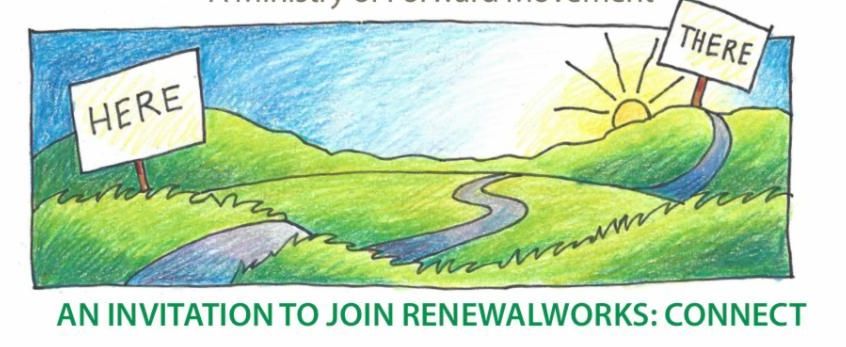
|
On Friday night, Jan. 27, 1956. Martin Luther King slumped home, another long strategy session under his belt. He found Coretta asleep. He paced and knocked about, his nerves still on edge. Presently the phone rang, a sneering voice on the other end: “Leave Montgomery immediately if you have no wish to die.” King’s fear surged; he hung up the phone, walked to his kitchen, and with trembling hands, put on a pot of coffee and sank into a chair at his kitchen table. Here was the prelude to King’s most profound spiritual experience, described in his book, Stride Toward Freedom.
I was ready to give up. With my cup of coffee sitting untouched before me, I tried to think of a way to move out of the picture without appearing a coward. In this state of exhaustion, when my courage had all but gone, I decided to take my problem to God. With my head in my hands, I bowed over the kitchen table and prayed aloud. The words I spoke to God that midnight are still vivid in my memory. “I am here taking a stand for what I believe is right. But now I am afraid. The people are looking to me for leadership, and if I stand before them without strength and courage, they too will falter. I am at the end of my powers. I have nothing left. I’ve come to the point where I can’t face it alone.”
At that moment, I experienced the presence of the Divine as I had never experienced God before. It seemed as though I could hear the quiet assurance of an inner voice saying: “Stand up for justice, stand up for truth; and God will be at your side forever.” Almost at once my fears began to go. My uncertainty disappeared. I was ready to face anything.”
Three days later a bomb blasted his house and his family escaped harm by a hairsbreadth. “Strangely enough,” King later wrote, “I accepted the word of the bombing calmly. My religious experience a few nights before had given me the strength to face it.”
-as described by John Dear in the National Catholic Reporter January 7, 2006
|
Holy Sense
Recently, the church calendar introduced me to the life and witness of Harriet Bedell. (Apparently, I skipped the class that taught about her.) After studying at the New York Training School for Deaconesses, she became a missionary-teacher among the Cheyenne in Oklahoma. In 1916, she was sent to Alaska, ending up serving as a teacher and nurse at St. John’s in the Wilderness at Allakaket, 40 miles south of the Arctic Circle, sometimes traveling by dogsled to remote villages. In 1932, hearing about the plight of the Seminoles in Florida, Bedell used her own money to reopen a mission among the Mikasuki Indians. She worked to revive their traditional crafts. The arts and crafts store they established greatly bolstered the local economy. Bedell continued her ministry of health care, education, and economic empowerment until 1960 when Hurricane Donna wiped out her mission.
That’s what caught my attention. Writing from coastal North Carolina, I occasionally hear folks refer to hurricanes as acts of God. I dislike the term. I thought about this woman, about the devoted labor that went into her decades of ministry, wiped out in a day by a storm. How did she keep going? How does one make holy sense of such a thing?
Another story: A family friend was a theology student, proficient in languages, including biblical Greek. A few decades ago, after studies were completed, she answered a call to go to the Sudan. She spent 13 years working there in a remote village with a group of people that had never had access to the Christian scriptures. She learned their language. Painstakingly over those 13 years, she translated all of the New Testament. She was forced to flee in a time of political upheaval. All her translation work was destroyed. No flash drive. No cloud. Gone. How does one make holy sense of that?
Malcolm Muggeridge, the British journalist, spent time in Calcutta with Mother Teresa, reporting on her work. After wrapping his mind about what the work entailed, he wondered how she could continue. The depth of poverty in Calcutta was overwhelming. Her efforts, noble as they were, seemed insignificant. Muggeridge asked: How do you keep going? How could one make holy sense out of what she was doing?
Mother Teresa answered: God calls me to be faithful, not necessarily successful.
On this day when we remember Martin Luther King, we might ask how he kept going. How easy it would have been for him to stay in the pulpit in his prominent church, remaining at home with family. It might seem that all his work was swept away in a second on the balcony of that Memphis hotel. How do we make holy sense of that? How did he keep going? Maybe there’s an answer in the story excerpt above.
These days, we face a mountain of coincident crises: record pandemic deaths, economic challenge, scandalous inequality, racial divide centuries old, political upheaval, political and religious leadership fails, democratic values under attack. On top of that, in each of our own lives, we know that suffering is the promise life always keeps. A friend speaks of personal tsunamis. How do we keep going? How do we make holy sense?
Perhaps this morning, on this particular holiday, in this new year, we can focus on what it means in our own lives to simply be faithful, even if it doesn’t mean being successful. Where is that a challenge? Where might there be an opportunity? Can we faithfully remember that God is with us in that experience?
Maybe that can help us make some holy sense of crazy days.
-Jay Sidebotham
